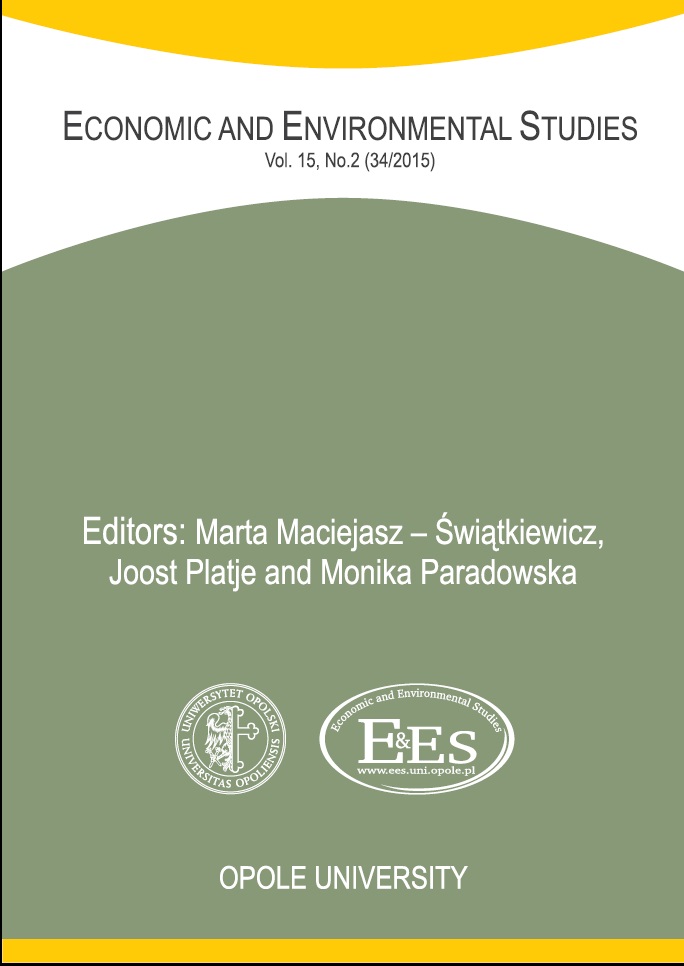An evaluation of simulated network in the hierarchical spatial autoregressive model. Homophily based interactions matter for the consumption behaviours
An evaluation of simulated network in the hierarchical spatial autoregressive model. Homophily based interactions matter for the consumption behaviours
Author(s): Edyta ŁaszkiewiczContributor(s): Monika Paradowska (Editor), Joost (Johannes) Platje (Editor), Marta Maciejasz-Świątkiewicz (Editor)
Subject(s): Economy
Published by: Uniwersytet Opolski
Keywords: consumption behaviour; networks; interpersonal similarity; homophily; spatial multilevel modelling
Summary/Abstract: The aim of the paper is an examination wheatear the social spillover of consumption behaviours differs for the homophily and heterophily based structure of interactions. As an approximation of agents’ behaviours households’ expenditures with the reference person attributes were used. The simulated structure of networks with individual density, calculated using the data from Polish Social Diagnosis 2011, was applied. Three versions of matching agents in the adjacency matrix was tested: 1) non-random with the k-nearest neighbours algorithm and closeness measured by the Jaccard index, 2) random with five different spatial conditions, 3) partially random with random drawing from the limited number of individuals selected using the value of the Jaccard index. The difference in the social spillover was tested as the difference between the estimated parameters for social interactions from the hierarchical spatial autoregressive model (HSAR). An additional factors as: spatial heterogeneity and dependence, household attributes, ect. was controlled in the HSAR model. The microdata from the 2011 Polish Households Budget Survey was used in this research. The results prove that homophilously structured social networks supported the spillover of healthy food consumption among Polish households in 2011. In contrast, for heterophily based relations spreading of habits did not occur. The crucial role for social spillover plays the geographical proximity of households.
Journal: Economic and Environmental Studies
- Issue Year: 15/2015
- Issue No: 2 (34)
- Page Range: 231-247
- Page Count: 17
- Language: English

